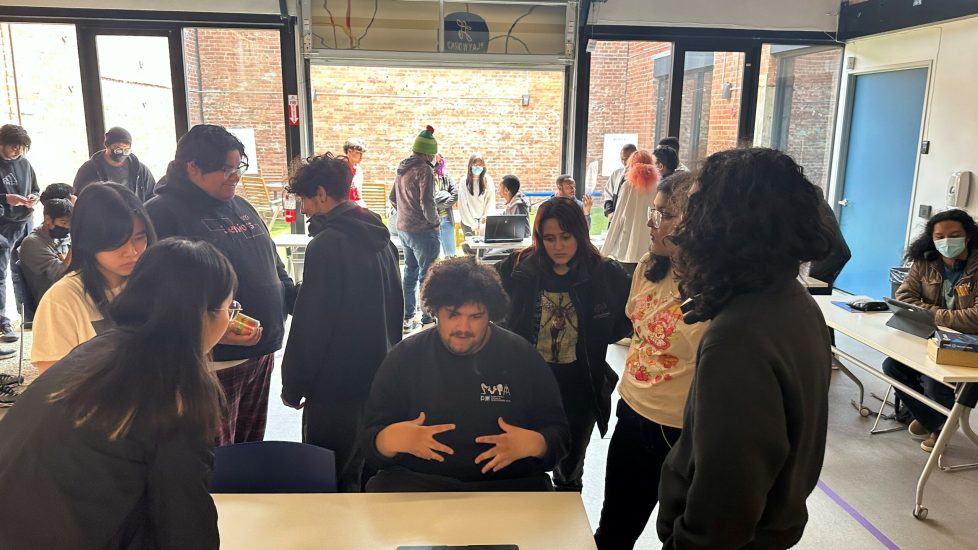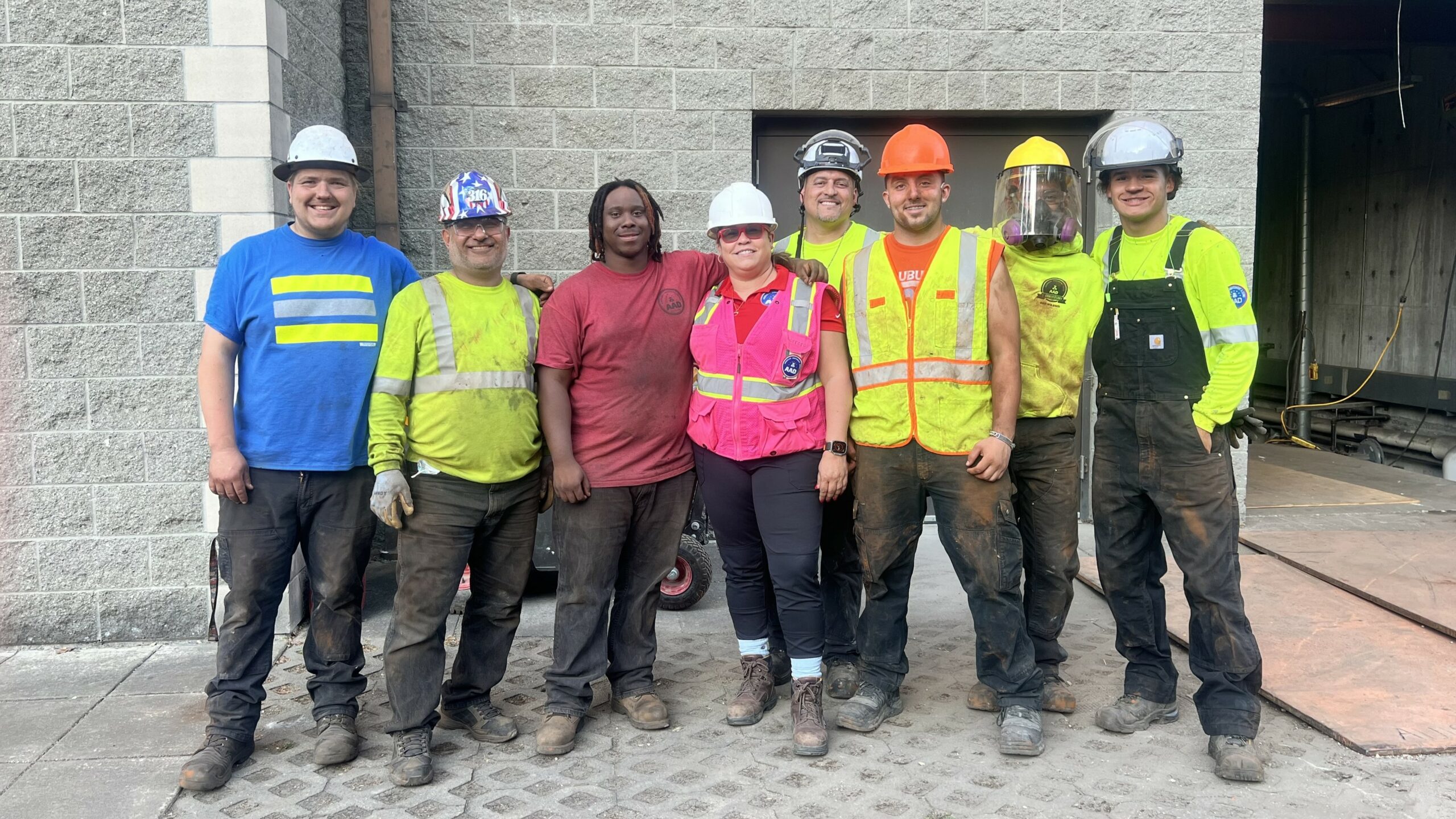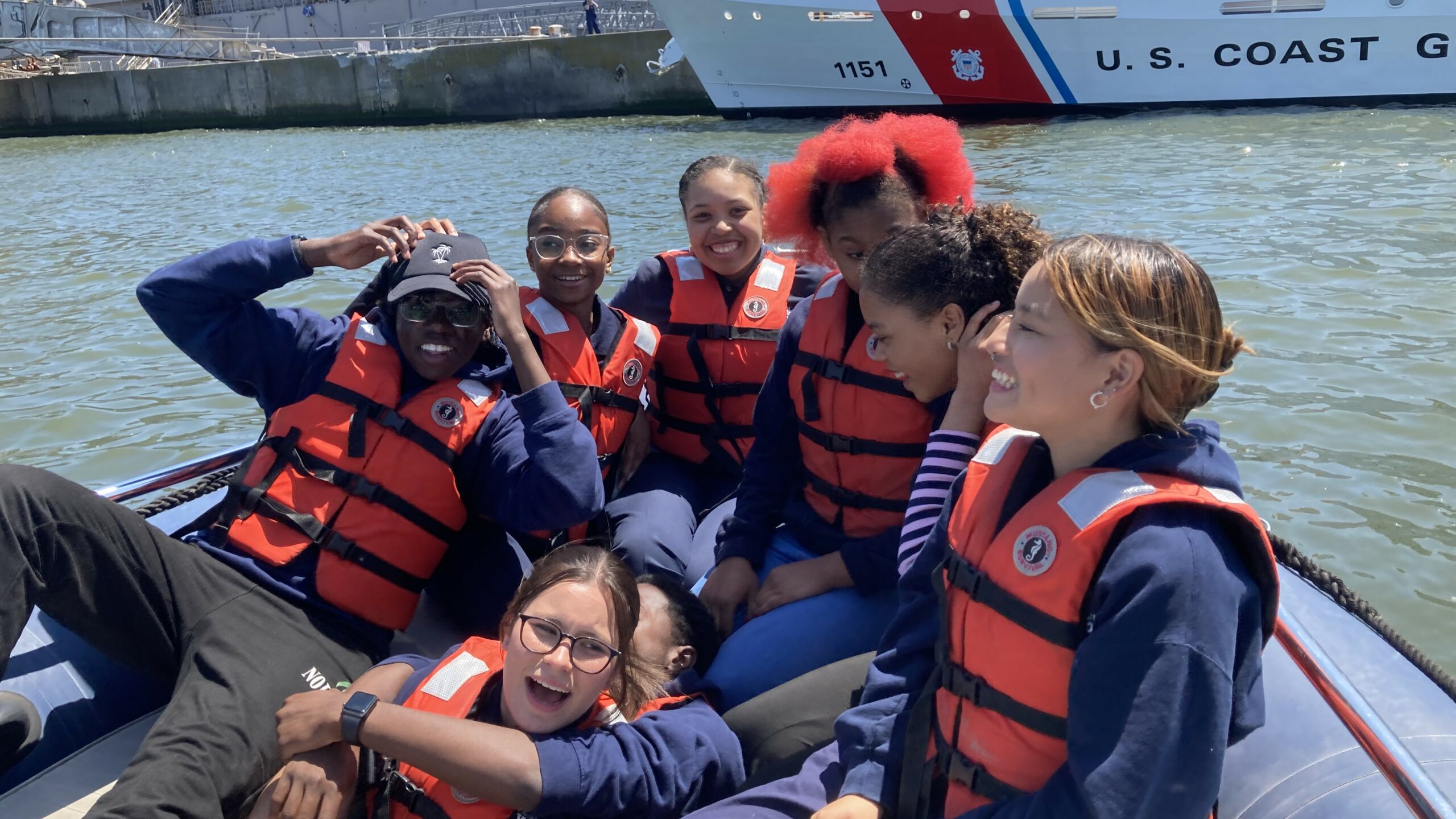“I tell my students, ‘Don’t study games. Study cultural movements,’” says Damon Packwood, creator and executive director of Gameheads, an Oakland-based nonprofit program that teaches game design, development, DevOps, and mixed media to low-income students of color, ages 15 through 25.
The mission is to prepare the students for careers in the tech and video game industries.
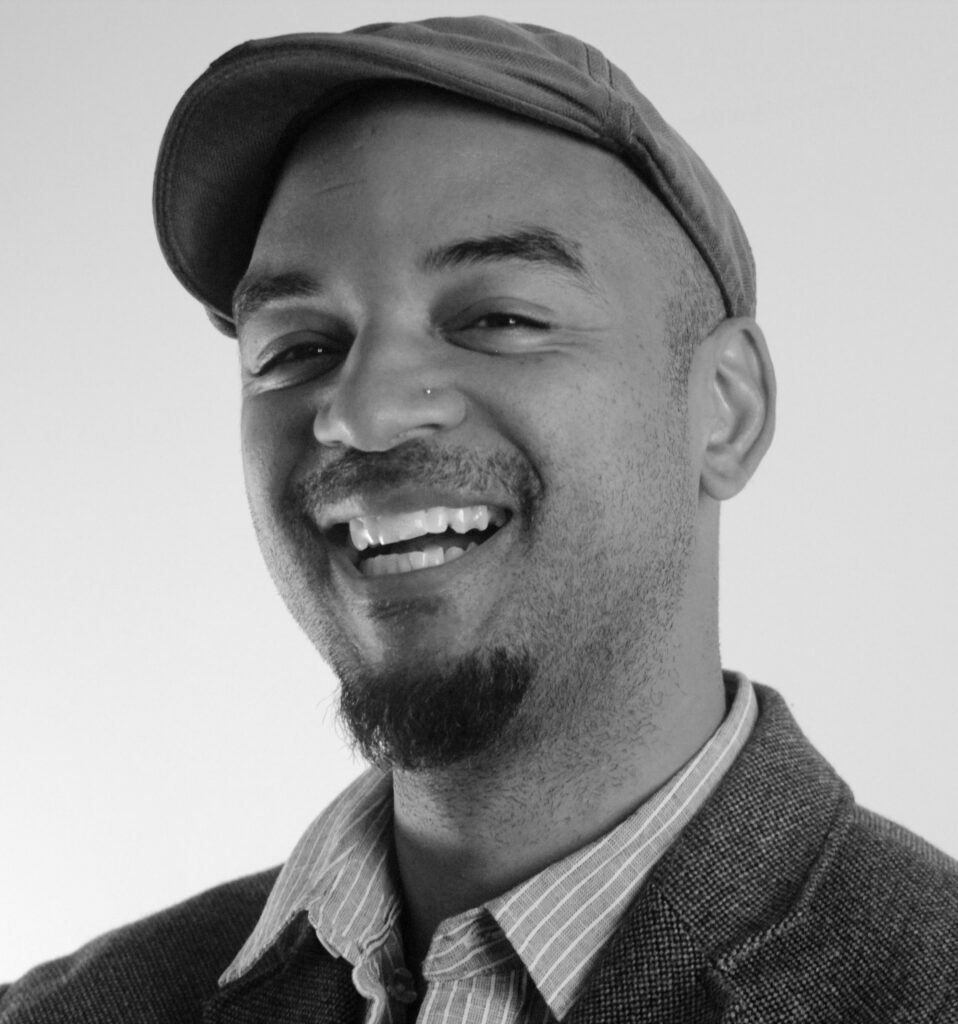
“If we are saying that the video game industry is not diverse and we want the industry to take responsibility, we have to demonstrate that as diverse people, we have something to say. That’s in our control.”
“I’m a student of history,” says Packwood. “When we look at culture that we really respond to throughout American history, we look at jazz, we look at blues, we look at drag, we look at hip hop, we look at rock and roll. We look at the feminist movement. What did it mean to be a student during the pandemic? What did it mean to watch the protests outside?”
Packwood continues, “We look at all of these periods throughout history where it was clearly culture that was leading it. It was innovative. That’s what we need to do for games.”
He notes, “It’s very easy for students to look at their culture and think that it’s not appropriate for a video game. That’s exactly what the industry needs. They can’t replicate it because there’s not enough people that look like you in the industry. The only person that can create that experience is you.”
‘You’re now an indie video game developer’
Gameheads – launched in 2015 – has a presence in 17 states that includes, in some cases, virtual instruction.
Students fall into different levels. Newbs are in their first year. Veterans are prepared to go deeper for a couple of years into their areas of focus. And RTWs (ready to work) are ready for contract positions, internships, externships, full-time, or part-time, according to Packwood.
The instruction begins in January with six months of in-class training – 24 hours a month. “When June comes around, we encourage our students to get into development teams. They have to assume a role on the team, come up with a concept for a video game, and then they have to pitch it to the board,” explains Packwood.
Projects that get the greenlight go into development mode. He says. “You also get a mentor that has the same [role] that you have on the team. If you’re the animator, your mentor is an animator. If you’re a producer or a project manager, that’s what your mentor does, as well. You do that for 15 weeks – now 24 hours a week.”
The project development culminates in a large presentation in August. “We do a big event called the Showcase Block Party – food trucks, band, DJ. You have to set up your own booth, have a playable build, and we invite your friends, family, and our industry professional partners. You get up on stage, justify your game, people play your game, and you answer questions,” says Packwood.
He continues, “We take off September. When we come back in October, your job is to take the feedback that you got during the Showcase, polish your project, and then start showcasing it. You have to submit to competitions, professional events. You’re now an indie video game developer. And then at the end of the year, we release it the week of Christmas.”
‘I didn’t see it coming’
“I feel so blessed and thankful that I was given the opportunity to be in this position,” says Jessica Jung, producer and product manager at Niantic, Inc., a tech company focused on mixed and augmented reality.
Jung’s pathway has been a little different than most Gameheads students. After graduating in 2018 from University of California, Berkeley, she was mapping out her next step.
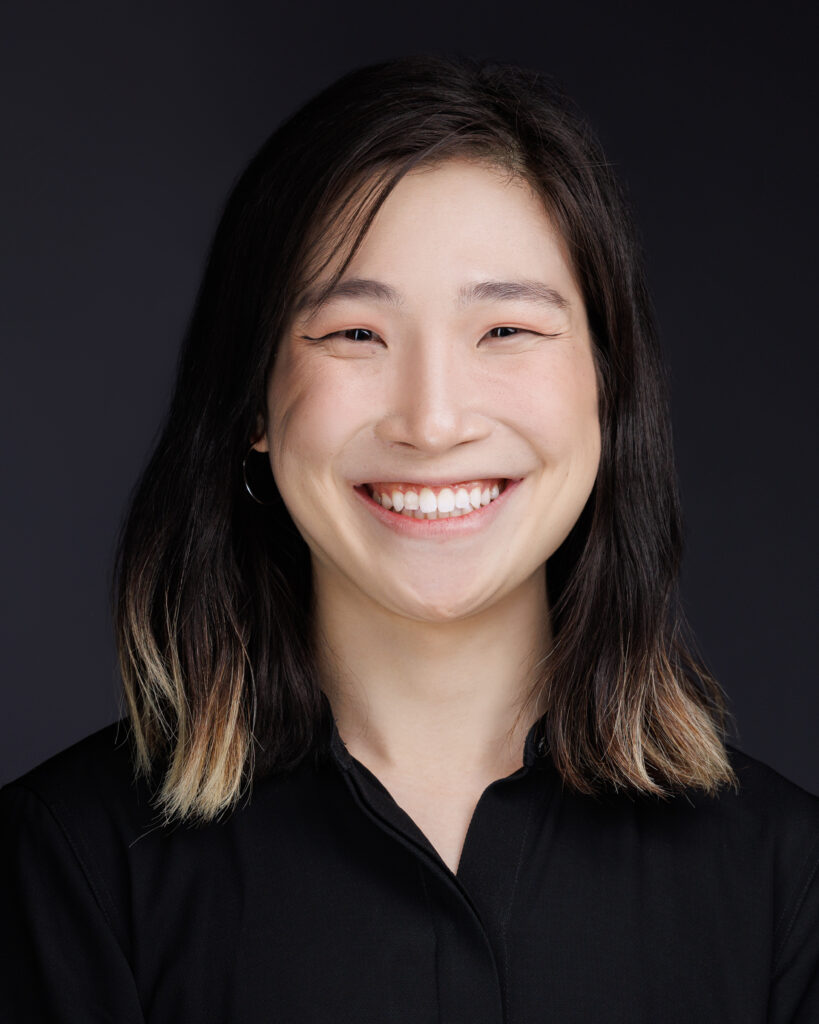
While working in the nonprofit sector, Jung thought about going to graduate school to focus on policy. She says, “There was a lot of discourse around technology that was going around. I found it very frustrating working in policy in academia.”
“The discourse around technology seems very divorced from the people who are making the technology. I was thinking policymaking is relatively slow compared to the pace at which technology progresses.”
Jung continues, “If I’m interested in changing the world or making the world a better place as it reflects technology, maybe I could get a better perspective on what it’s like to be in that industry and actually understand how products get made, how technology advances.”
Jung joined Gameheads in February 2020 – later than the usual January start. Motivated to catch up, she says, “I learned every bit of the pipeline [at the] introductory level.” As the project manager and lead designer, Jung worked with a team to develop a game for the Showcase Block Party.
“That was really helpful. We were allowed to be as creative as we wanted, to explore concepts, work collaboratively, have stakeholders, and deadlines to present. It mimics team organization,” says Jung.
As a Gameheads student who had already completed college, Jung says her priority was to find work. She says she was very transparent with her assigned mentor who, in turn, reached out to her own professional network. By October 2020, Jung had landed her first job and says, “I didn’t see it coming, let alone that timeline in which it did.”
Jung plans to support the Gameheads students that come behind her. “I have a lot of goals for my participation in Gameheads. I want to carry that forward and be part of the alumni network and hire Gameheads students, give them internship positions at my company that I work at, and so forth.”
Long-term, Jung says, “I would love to start my own business and run a team of my own. I think that’s probably down the line.”
Highlight: 8th Annual Student Showcase – wearegameheads on Twitch
wearegameheads went live on Twitch. Catch up on their Just Chatting VOD now.

